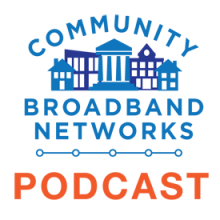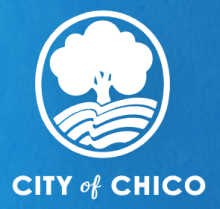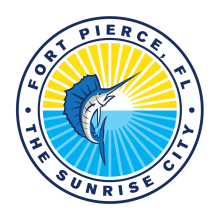Innovative Services and Trailblazing Low-Income Programs in Chattanooga - Episode 539 of the Community Broadband Bits Podcast

This week on the podcast and on the most Valentines-iest of days, Christopher is joined by Katie Espeseth, Vice President of New Products EPB Fiber, at the municipal network in Chattanooga, Tennessee. After catching up on the release of the network's 25 gigabit service and the latest progress of the HCS EdConnect initiative (which has connected almost 10,000 homes), Katie shares with Christopher how its SmartNet Plus program expands the managed Wi-Fi framework to take advantage of the many devices we all have in our homes that connect to the Internet. The show ends with Katie and Christopher reflecting on how - thanks not only to Chattanooga, but the other cities as well as telephone and electric cooperatives in the state - Tennessee is among the best-connected across the country, with some of the fastest speeds and most affordable rates available.
This show is 29 minutes long and can be played on this page or via Apple Podcasts or the tool of your choice using this feed.
Transcript below.
We want your feedback and suggestions for the show-please e-mail us or leave a comment below.
Listen to other episodes here or view all episodes in our index. See other podcasts from the Institute for Local Self-Reliance here.
Thanks to Arne Huseby for the music. The song is Warm Duck Shuffle and is licensed under a Creative Commons Attribution (3.0) license.






